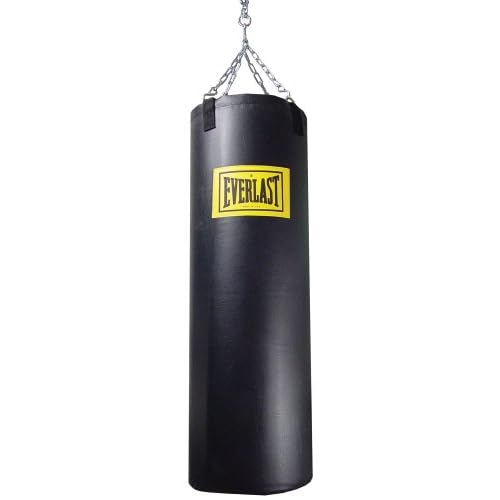Prior to the elections in November 2008, my library facilitated a talk by guest speaker Leonard Pitts, Jr., a syndicated news columnist, entitled: Owning What You Know: The Decline of Reason in Politics and Public Discourse.
I think it was especially prescient, considering the manner in which serious issues are being discussed these days — issues that affect all of us (regardless of one’s age, race, creed, gender, civic affiliation, sexual orientation, income tax bracket, or political party).
Open a newspaper, read a magazine, turn on the tv or go online to the news outlet of your choice and you can see for yourself how some vocal and demonstrative portions of the American public choose to have “discourse”: town hall meetings being disrupted, protestors holding signs that compare political leaders to nazis and saying with great certainty that current policies being debated are akin to socialism (though if pressed, I wonder how many could define the term and clearly express why they believe it to be a negative thing – bonus points if they don’t invoke Hitler, Mussolini, or Mao), YouTube is flooded with clips of outrage, anger, sadness, and fear (some real, some fabricated), and statistics, facts, and figures are being reported, distorted, or spun, depending on the motivation of the source.
This is a library blog for teens, not a stump for any particular point of view, however, I feel compelled to offer some advice and resources for making sense of the chaotic “24-hour news cycle.”
Get your information from multiple sources - you wouldn’t write a paper for school with only one book as a reference, so don’t settle for a single source when it comes to being an informed citizen. Even if you aren’t old enough to vote, you should be aware of the decisions being made today that will affect your future.
Know who is responsible for the information you read or hear. In other words, consider the source, their qualifications, and their motives.
When you hear someone repeat a quote or give a reference to a speech, study, or poll…LOOK IT UP! There are a lot of online fact-checking resources for just this type of thing or you can go right to the source: federal government (executive, legislative, and judicial branches); medical information; studies and reports on issues in the news , etc. At the very least, “Google” the name of the organization that is being referenced.
Make use of resources provided by the public library including databases of magazine and newspaper articles and websites such as CQ Researcher (available through NC LIVE; contact your nearest branch for assistance logging in or contact a library in the county or state where you reside) which provides information and documentation on more than one side of any given issue.
In order to have a reasonable conversation, the participants in that conversation need to know what they’re talking about.
Be informed. Be aware of what is going on in your town, state, country and world. Be part of the “public discourse,” and own what you know.
Peace,
Missy
…and just so it’s clear, opinions expressed in this post – or anywhere in this blog, for that matter - belong to the person expressing them (in this case, me) and are not authorized by or intended to represent the Cumberland County Public Library & Information Center.

![]()





















